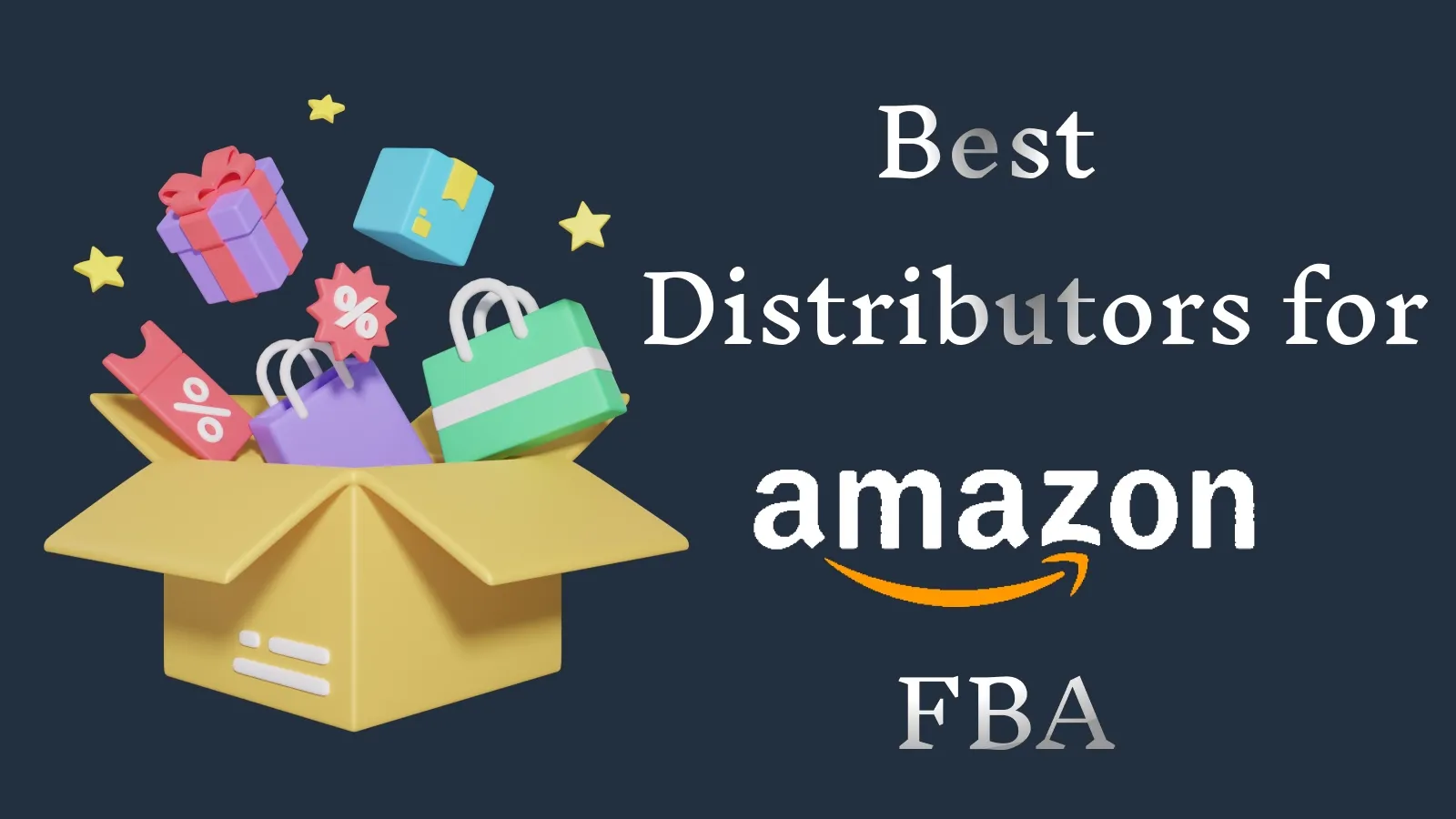Tips for Working with United States Wholesale Suppliers for Amazon FBA, Retail, and eCommerce
Posted at: 05-Feb-2025
Summary
Partnering with United States wholesale suppliers
is essential for Amazon FBA, retail, and
eCommerce success. This guide covers top strategies for sourcing products,
negotiating with suppliers, and managing inventory. Whether you're a beginner
or an experienced seller, these tips will help streamline your wholesale business.
Why Work with
United States Wholesale Suppliers?
Sourcing products from United States wholesale suppliersoffers several advantages, including:
- Faster shipping times compared to overseas suppliers
- Higher product quality and compliance with U.S.
regulations
- Easier communication and negotiation
- Reliable supply chain and inventory management
How to Find
Reliable United States Wholesale Suppliers
Finding the right wholesale supplier
is crucial for your business. Here are the best ways to source reliable
suppliers:
1. Use Online Wholesale Directories
Several online directories list
verified United States wholesale suppliers, such as:
- SaleHoo
– A trusted directory for wholesalers and dropshippers.
- Wholesale Central
– A free directory with thousands of suppliers.
- ThomasNet
– Ideal for industrial and manufacturing wholesalers.
2. Attend Trade Shows and Expos
Industry trade shows are a great way
to meet United States wholesalesuppliers in person, inspect product quality, and establish business
relationships.
3. Contact Manufacturers Directly
Many manufacturers work with wholesalers or offer wholesale pricing
directly. Reaching out to manufacturers can help you secure better pricing and
authenticity.
4. Leverage B2B Marketplaces
Platforms like Alibaba (U.S. suppliers section), Faire, and Tundra allow businesses to connect with U.S.-based wholesale suppliers for various product categories.
Best Practices for
Working with United States Wholesale Suppliers
Once you've found a supplier, follow
these best practices to ensure a smooth partnership:
1. Verify Supplier Credibility
Before placing large orders, verify
the supplier’s credibility by:
- Checking reviews and ratings on B2B platforms.
- Requesting business references from other buyers.
- Confirming business licenses and certifications.
2. Negotiate Better Pricing and Terms
To maximize profits, negotiate with United
States wholesale suppliers on:
- Bulk order discounts
– Higher volume purchases often qualify for better pricing.
- Payment terms
– Net-30 or Net-60 terms can improve cash flow.
- Exclusive deals
– Some suppliers offer exclusive rights to certain sellers.
3. Understand Minimum Order Quantities (MOQs)
Most wholesalers require a minimum
order quantity (MOQ). Ensure that the MOQ aligns with your budget and storage
capacity.
4. Choose Suppliers with Fast Shipping and Fulfillment
For Amazon FBA and eCommerce,
fast shipping is essential. Partner with wholesalers who:
- Have U.S.-based warehouses for quicker delivery.
- Offer direct shipping to Amazon fulfillment centers.
- Provide tracking and reliable logistics support.
5. Maintain Good Supplier Relationships
Strong supplier relationships can
lead to better pricing, priority orders, and long-term success. Maintain good
communication, pay on time, and provide feedback on products.
How to Work with
United States Wholesale Suppliers for Amazon FBA
Amazon FBA (Fulfillment by Amazon)
sellers must follow specific steps when working with United States wholesale
suppliers:
1. Ensure Amazon Compliance
Amazon has
strict guidelines on product authenticity, barcodes, and packaging. Work with
suppliers who:
- Provide invoices proving authenticity.
- Offer FBA-compliant packaging and labeling.
2. Use Prep Services if Needed
Some suppliers do not handle FBA
prep (labeling, bundling, or poly bagging). If needed, work with Amazon prep
centers for compliance.
3. Optimize Inventory Replenishment
Avoid stockouts by working with
suppliers who offer:
- Real-time inventory updates.
- Automated restocking and reordering.
How to Work with
United States Wholesale Suppliers for Retail Stores
Retail businesses rely on wholesale suppliers for inventory management and profitability. Follow these
tips:
1. Source Products Based on Demand
Analyze market trends and choose
products with high sales potential. Consider seasonal trends and consumer
preferences.
2. Establish Flexible Payment Terms
Many wholesalers offer net payment
terms (e.g., Net-30 or Net-60). This allows retailers to sell products before
making full payments.
3. Buy in Bulk for Higher Margins
Retailers benefit from purchasing
larger quantities to lower costs and increase profit margins.
How to Work with
United States Wholesale Suppliers for eCommerce
Online businesses need reliable
suppliers to maintain a steady inventory flow. Consider these
eCommerce-specific strategies:
1. Choose Suppliers with Dropshipping Capabilities
Some wholesale suppliers offer dropshipping, allowing eCommerce businesses to sell without
holding inventory.
2. Focus on Fast and Reliable Shipping
Work with suppliers who offer quick
fulfillment and integration with platforms like Shopify, Amazon, and eBay.
3. Use Private Labeling for Brand Growth
Some suppliers allow businesses to
create private-label products, giving them a competitive edge in the market.
Common Mistakes to
Avoid When Working with Wholesale Suppliers
- Not verifying the supplier’s credibility – Always check reviews and references.
- Ignoring hidden costs
– Factor in shipping, taxes, and fulfillment fees.
- Overstocking
– Start small to test demand before scaling orders.
- Lack of negotiation
– Always negotiate for better pricing and terms.
Conclusion
Partnering with United States wholesale suppliers
can be highly profitable for Amazon FBA, retail, and eCommerce businesses. By
sourcing from reputable suppliers, negotiating better deals, and ensuring
seamless logistics, you can scale your business efficiently.
For premier wholesale products and
trusted suppliers, visit Premier Products Co. U.S
